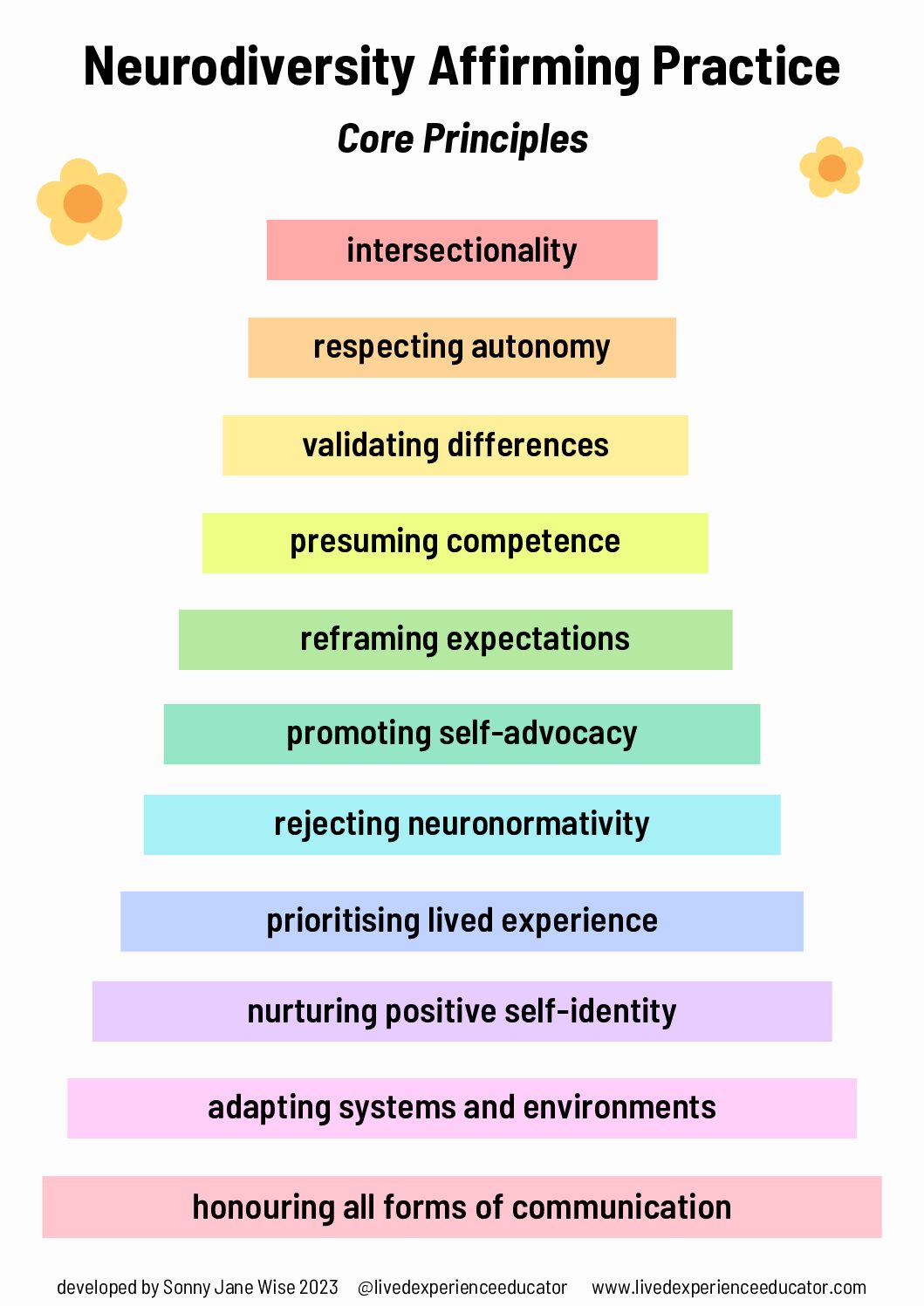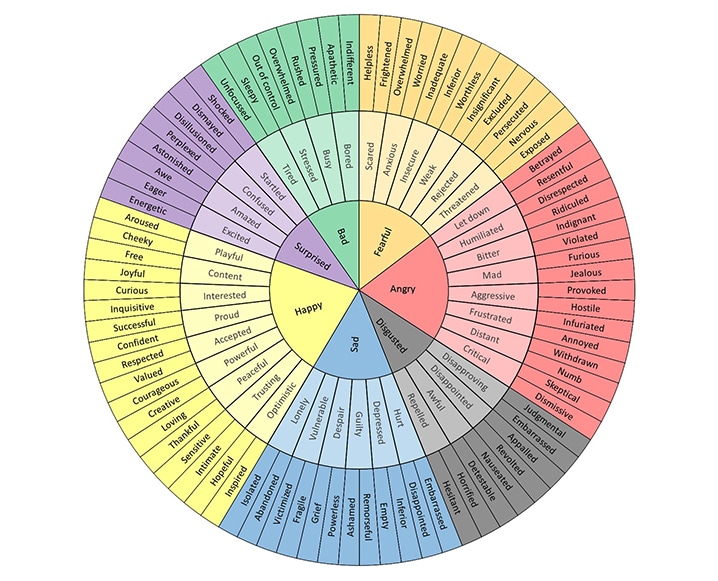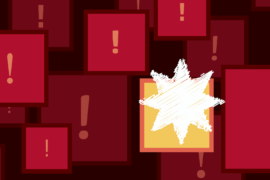I have spent most of my life trying to get my brain to work in the way I thought it should work. I have been in a constant battle with my own mind since childhood because I never had the awareness or terminology to understand it.
When I received my ADHD diagnosis at age 26, I felt validated and relieved. Those menacing flaws characteristics I tried so hard to mask suddenly made sense…
- Why do I feel every emotion suddenly and to the fullest degree? Hey there, emotion dysregulation. I’m Cece.
- Why am I always crying? Looking at you, rejection-sensitive dysphoria.
- Why does it take me weeks to complete a task that should realistically take 5 minutes? There you are, executive dysfunction.
- Why do I obsess over topics and hobbies, making them my entire personality, only to switch to a new topic or hobby months later? Nice to officially meet you, hyper-fixation!
I learned women and girls are diagnosed at just under half the rate at which men and boys are diagnosed. ADHD looks different for everyone and impacts people differently depending on their gender, race, and ethnicity.
As someone who has been diagnosed and medicated for anxiety and depression, been in and out of therapy since childhood, a lot of the mental health symptoms I experience are comorbid with ADHD.
Here are a few therapy-focused resources that help support my neurodivergent brain:
Dialectical Behavior Therapy (DBT): This 6-to-12-month program teaches four components; mindfulness, distress tolerance, emotion regulation, and interpersonal effectiveness.
- DBT does NOT focus on changing who we are but gives us skills to identify and regulate emotions and advocate for our needs.
- Make sure to find a therapist that works for you and your budget.
If you are Indianapolis-based, check out Irvington Counseling Collective. They do sliding-scale therapy with the goal of making affirming mental health support more equitable.
The Neurodivergent Friendly Workbook of DBT Skills by Sonny Jane Wise – $10
- This is a self-paced workbook tailored to neurodivergent individuals, especially Autistic and ADHD folks. I especially love the section regarding sensory overload and meltdown management.
Lived Experience Educator: Sonny Jane Wise provides resources to challenge neuro-normativity and build a neurodiversity-affirming future where folks are no longer labeled as “disordered.”
- View their neurodiversity-affirming practice principles here + free poster download!
- Follow them on IG: @livedexperienceeducator

A therapist provided me with this emotion-wheel. It helps me understand and name my emotions when I’m mid-meltdown:

Here are other resources separated by quick listens, reads, and suggestions for combating executive dysfunction:
LISTEN
- YouTube concentration playlist: I attribute my college graduation to this mix.
- Life with Lost Keys: Podcast by Rene Brooks, who started Black Girl, Lost Keys. They also provide coaching sessions to help ADHD’rs thrive.
READ
- r/ADHD and r/ADHDwomen: Looking for coping strategies? This online support group emphasizes discussions on science-backed information.
- 9 boredom-proof productivity tips
COMMIT
- HabitShare: Free tracker app that helps with daily tasks and accountability. I use this to keep up with routines like eating meals, drinking water, brushing my teeth. I love seeing the streak of green for each habit.
- Make task prioritization colorful and interesting:
- Try getting colorful gel pens & color-code your next to-do list (bonus points for cute doodles).
- Time management:
- Buy a wristwatch: I have never worn a watch…ever…until last month. I am now only late 50% of the time. Always going for progress, not perfection.
Try practicing radical acceptance with yourself. (Think Pixar’s Inside Out).
Explore what works best for you until you discover your own tips and tricks. Remember, the key lies in harnessing the uniqueness of our brains, rather than working to change them.
**Disclaimer: This list is an opinion piece of resources that work for me personally. It is not a substitute for counseling, therapy, or other mental health services.**




